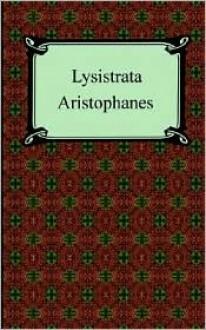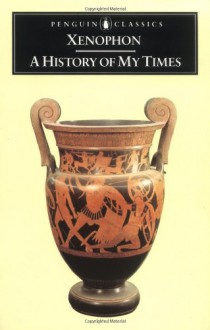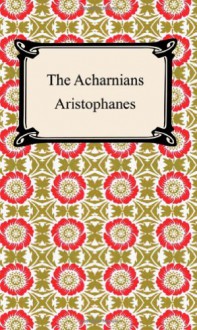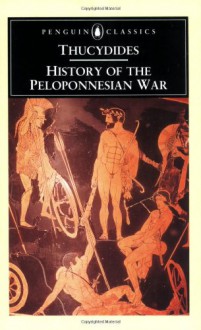
Ignoring the crudeness of the play (and remember that Shakespeare himself was quite crude) and the naked men running around with giant erect peni (is that the plural of penis?) what this play seems to be about is the empowerment of women (which is probably why the feminists love it so much). Mind you the only woman in this play that seems to have the willpower to see it through to the end is Lysistrata herself, but then that is probably why she is the leader. In a way it says something about a characteristic of leadership, and that is to remain firm on your convictions because you are the one that people look up to, and you are the one who holds everything together.
The play was first produced in 411 bc, not necessarily Athen's darkest day (since the final defeat to the Spartans was still a few years away) but it was one of them. Basically the Athenians had sent their entire navy off on a little adventure to capture Sicily, and in doing so pretty much lost all of her ships and a bulk of her fighting men. Now Athens was basically defenceless, the Spartans were on her doorstep, and most of her allies had deserted her. It was not a question of victory at any cost any more, but it was a question of trying to bring the war to an end so that Athens would suffer an honourable defeat (not that she had been honourable to any of the cities that she had sacked). Mind you, just like the Athenians not pressing her advantage when she was on top, Sparta did not press the advantage here either.
The play takes the view that the women are as essential to the functioning of the city as are the men, and in fact Lysistrata pretty much says that it is the women who build the city and the men who then go about destroying it. The reference here is to the fact that the women give birth to the warriors and the men then pretty much send them out to get killed. In another sense there is also a reference to how the workers work hard to produce the money for the city and the politicians then go and waste it. I guess this is a reference to the failed Sicilian expedition where most of Athen's fighting power was wiped out on a quest in which the success was dubious at best.
This is not a play where the women hold the men hostage (by going on a sex strike) until the surrender, this is not what was wanted. As mentioned above it was not a quick end to the war that was desired, that could have been arranged by waving the white flag, but an honourable defeat. This is why Lysistrata brings the Spartan and Theban women into the plan as well, because the idea was to not just starve the Athenian men of sex, but all of the men on both sides of the conflict, in the hope that this would bring them to the negotiating table.
There are a few interesting things that come out of this play, and one of them is the idea that the woman is obsessed with sex. There are a number of references in this play that suggest that this is the case, but then the fact that we have men running around with erect peni also indicates that men are just as obsessed with sex as are the women. However the other odd thing is the idea that a sex strike with the Athenians would work. I was under the impression that to the Athenians (in particular) that sex with women was simply to reproduce where as pleasurable sex was with another man. I guess this is why this play, to the Athenians, would have been so funny, because in reality such a sex strike, at least to the Athenians, would not have worked.

 Log in with Facebook
Log in with Facebook 








